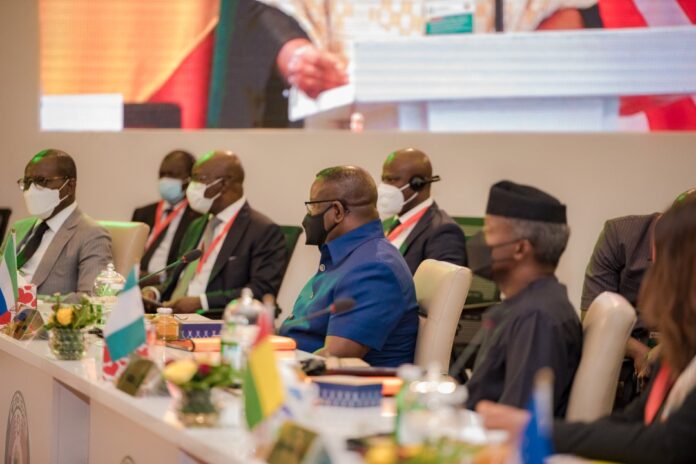The abrupt departure of the ECOWAS and UN mission jeopardizes the 2025 electoral process
Soldecanarias.net / Redacciòn
The recent political crisis in Guinea-Bissau has reached a new peak following the expulsion of a high-level mission from the Economic Community of West African States (ECOWAS) and the United Nations Office for West Africa and the Sahel (UNOWAS). The delegation, sent to mediate the development of an inclusive electoral roadmap, was forced to leave the country in the early hours of March 1 after receiving threats from President Umaro Sissoco Embaló.
This event raises serious concerns about Guinea-Bissau’s political stability and the possibility of holding peaceful and transparent elections in 2025. The mission had initiated dialogue with political actors, authorities, and civil society to reach a consensus for the elections. However, the sudden turn of events has cast doubt on the feasibility of the electoral process and the ability of the international community to ensure its progress without interference.
A fragile political landscape
Since gaining independence from Portugal in 1974, Guinea-Bissau has faced a series of coups, internal conflicts, and chronic political instability. The administration of Embaló, who assumed the presidency in 2020 following controversial elections, has been criticized for its authoritarian style of governance and lack of effective dialogue with the opposition.
The latest developments reinforce the perception that the country faces serious challenges in consolidating its democracy. The international community’s reaction in the coming weeks will be crucial, as ECOWAS and the UN must decide how to respond to the rejection of their mediation efforts.
The international community’s dilemma
With the forced departure of the mediation mission, Guinea-Bissau finds itself at a critical juncture. The international community faces the challenge of preventing the country from plunging into another institutional crisis without further escalating tensions with Embaló’s government. ECOWAS, which has traditionally been active in conflict resolution in West Africa, may impose sanctions or seek new diplomatic strategies to resume political dialogue.
In this context, Guinean citizens remain in a state of uncertainty, awaiting signs that will guarantee a fair and transparent electoral process. The success or failure of international efforts will determine whether Guinea-Bissau moves towards a more stable democracy or, conversely, enters a new period of instability and isolation.
4o



